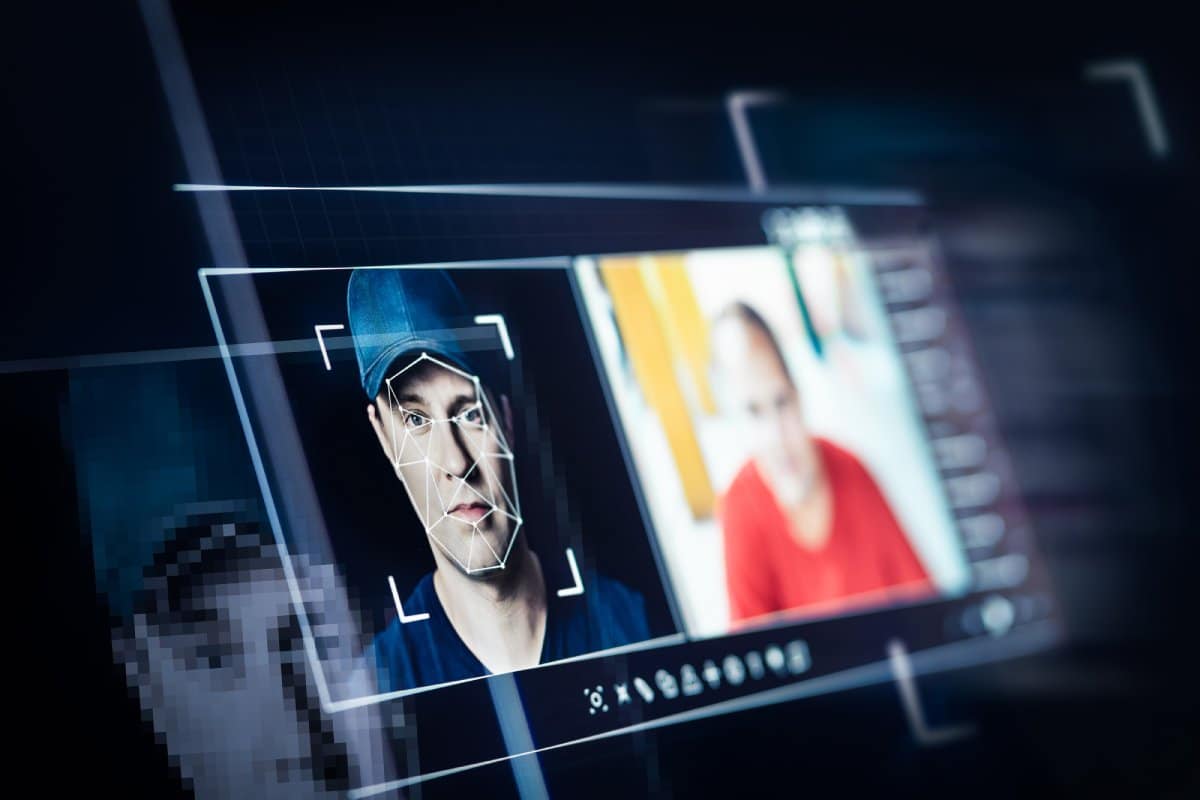The United Kingdom has announced that the creation of sexually explicit deepfake images will be criminalised, in what many hope will be a positive step toward safeguarding individuals’ privacy and dignity. Here’s the full story.
AI-Generated Images
The proliferation of easily and cheaply generated AI images and videos has become a troubling modern reality, with concerns for individual privacy, the theft of artists’ work that is often used to model the images, and even for democracy, should pictures or videos be created which seek to muddy the political waters with misinformation.
However, perhaps the most disturbing use of AI-generated images has been the creation of sexually explicit deepfake photos, which use a person’s likeness without their consent to create explicit content.
Criminal Justice Amendment
Such is the worry over the proliferation of these images online that the Ministry of Justice has recently announced plans to criminalise the creation of sexually explicit deepfake images through an amendment to the criminal justice bill.
The proposed legislation addresses the emerging threat posed by deepfake technology, which uses artificial intelligence to superimpose individuals’ faces onto explicit images or videos.
Under the current legal framework, sharing deepfake intimate images is already criminalised by the Online Safety Act. However, the new amendment seeks to penalise the dissemination and creation of such content.
Severe Penalties
According to the Ministry of Justice, individuals who produce sexually explicit deepfake images without consent will face severe penalties, including a criminal record, an unlimited fine, and potential imprisonment, mainly if the image is widely circulated. The legislation will hold offenders accountable regardless of whether they intend to share the content.
Laura Farris, the minister for victims and safeguarding, condemned the creation of deepfake sexual images as “unacceptable irrespective of whether the image is shared.”
Farris told the Guardian: “It is another example of ways in which certain people seek to degrade and dehumanise others – especially women. And it can cause catastrophic consequences if the material is shared more widely. This government will not tolerate it.”
She continued, “This new offence sends a crystal clear message that making this material is immoral, often misogynistic, and a crime.”
Political Unity
The threat deepfake technology poses, particularly women, is so severe that, in a rare moment of political unity, shadow Home Secretary Yvette Cooper also welcomed the proposed legislation.
Cooper stated, “It’s welcome that the government has accepted Labour’s calls to criminalise the creation of deepfake pornography. Superimposing somebody’s image onto sexually explicit photos and videos is a gross violation of their autonomy and privacy, which can cause enormous harm, and it must not be tolerated.”
She continued, “It’s essential that the police and prosecutors are equipped with the training and tools required to rigorously enforce these laws in order to stop perpetrators from acting with impunity.”
Significant Threat
Deborah Joseph, editor-in-chief of Glamour UK, expressed support for the planned amendment, citing the significant threat deepfake technology poses to women’s safety.
Joseph stated, “In a recent Glamour survey, we found 91% of our readers believe deepfake technology poses a threat to the safety of women, and from hearing personal stories from victims, we also know how serious the impact can be.”
She continued, “While this is an important first step, there is still a long way to go before women will truly feel safe from this horrendous activity.”
Challenges Remain
While the proposed legislation represents an important step towards addressing the threat of deepfake technology, challenges remain in effectively enforcing and prosecuting offenders.
However, the UK’s initiative to criminalise the creation of sexually explicit deepfake images aligns with international efforts to regulate and mitigate the negative impacts of deepfake technology.
Countries worldwide increasingly recognise the need to implement new laws and technological solutions to counter the proliferation of malicious deepfake content.
International Model
The UK’s Online Safety Act has been held up as a model for other countries to use. In the United States, the Federal Trade Commission has declared that it will institute a ban on deepfake images which impersonate people.
Prominent AI startups and major technology corporations have also independently pledged to counter the deceptive application of AI during the 2024 American elections and the UK election, widely expected in the autumn.
Significant Step
The UK’s proposed legislation to criminalise the creation of sexually explicit deepfake images represents a significant step towards combating the misuse of artificial intelligence for pornographic purposes.
By imposing strict penalties on offenders and raising awareness about the potential harms of deepfake technology, it is hoped that individual rights will be effectively safeguarded and that the hurtful effects of deepfake technology can be successfully mitigated.
More Articles Like This…
Broken Britain: 12 Reasons Behind the UK’s Decline
Say the Unsayable: 10 Occasions When Farage Spoke His Mind About Britain
The post UK to Criminalise Creation of Sexually Explicit Deepfake Images first appeared on Edge Media.
Featured Image Credit: Shutterstock / Tero Vesalainen.
Grant Gallacher is a seasoned writer with expertise in politics and impactful daily news. His work, deeply rooted in addressing issues that resonate with a wide audience, showcases an unwavering commitment to bringing forth the stories that matter. He is also known for satirical writing and stand up comedy.

